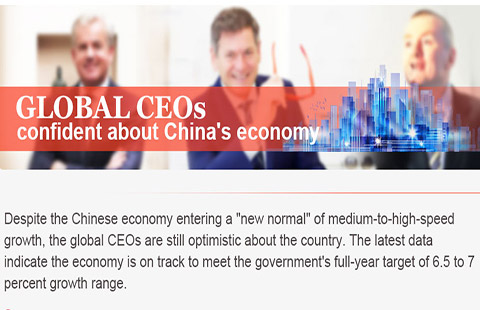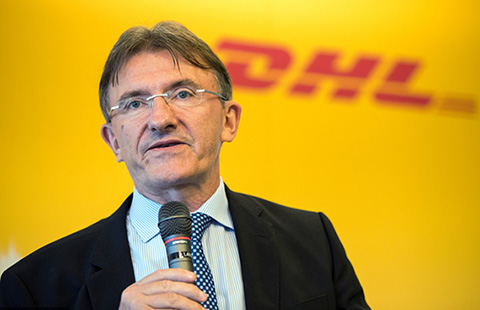Australia likely to increase trade with China after US election: FM
CANBERRA - Australia's Foreign Minister said the country will turn its focus towards an economic partnership with China and other Asian countries in place of a free-trade agreement with the United States after Donald Trump's election win.
Julie Bishop, Australia's Foreign Minister, said if the Trans-Pacific Partnership (TPP), a 12-nation regional free trade agreement, should fail then Australia would turn its attention to the Regional Comprehensive Economic Partnership (RCEP).
Bishop said Trump's approach to world affairs resembled that of a "classic isolationist or protectionist" at a time when Asia-Pacific nations were looking for greater US leadership.
"We are hopeful that the Obama administration, through President Obama, can pass the TPP (before Trump takes office in January)," Bishop told News Limited on Thursday.
"We see the TPP as an important economic manifestation of the United States' presence in our region.
"Should the TPP not go ahead, then the vacuum that would be created is most likely to be filled by RCEP, the free-trade agreement that comprises ASEAN countries, China, Australia and others at its core."
Australian trade experts have conceded that it is increasingly unlikely that incumbent President Barack Obama will be able to pass the TPP through Congress before he vacates the White House.
Opposition to the TPP, which took seven years to negotiate, was a centerpiece of Trump's campaign.
Bob Carr, Australia's former Foreign Minister, said any hope of Obama pushing the legislation through in the "lame duck" sitting of Congress before Trump is swore in was "doomed."
Former Australian ambassador to Washington, Michael Thawley, said the world was "at the end of an era" in managing global strategic stability and urged Australia to play a more purposeful and muscular role in international relations.
"It might be a rockier period with (Donald) Trump ... but a major transition is inevitable," Thawley told News Limited.
"We should not get hysterical, just decide how best Australia can encourage and help the US maintain the global balance. That balance will continue to be the decisive underpinning of economic growth in our region especially."

















